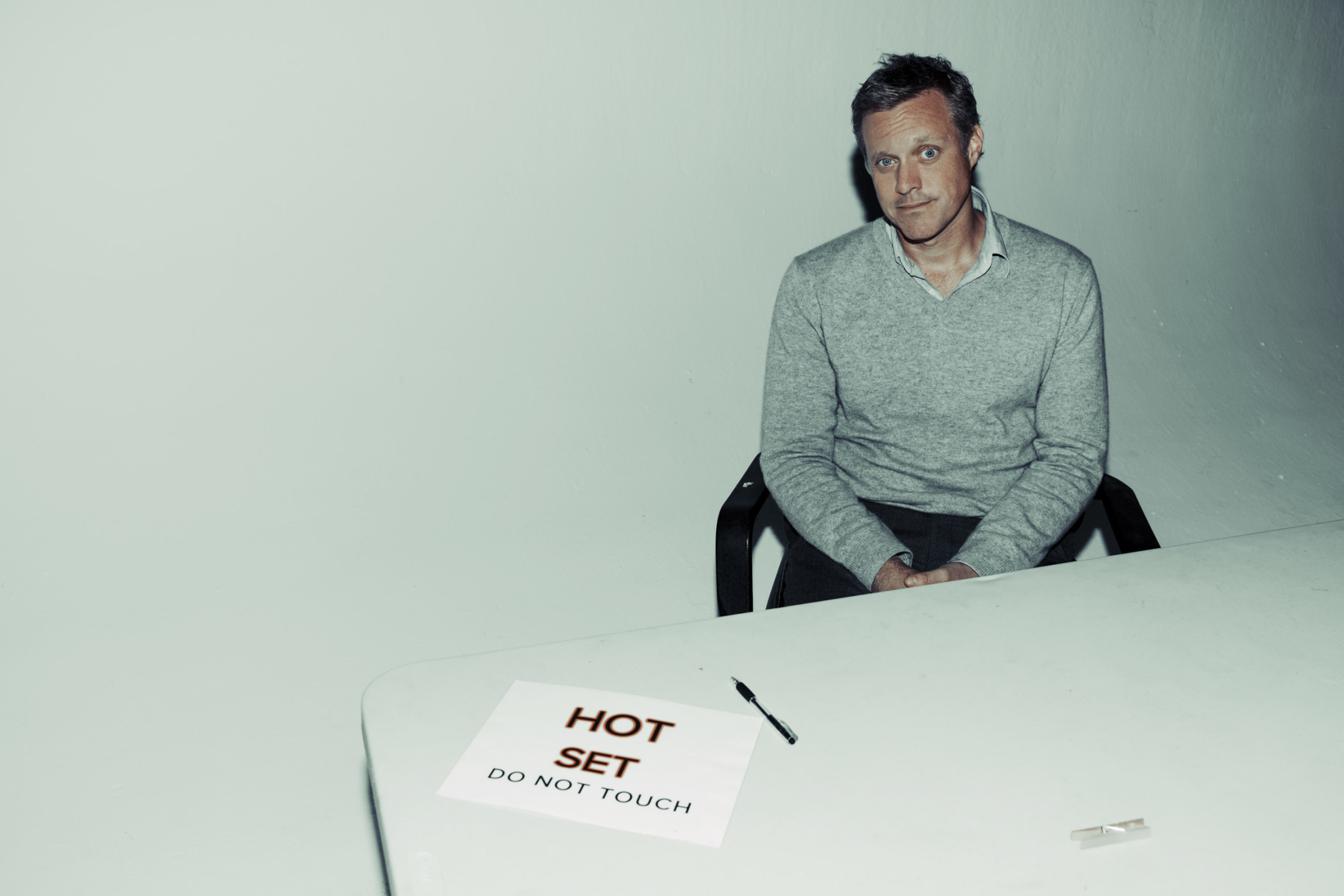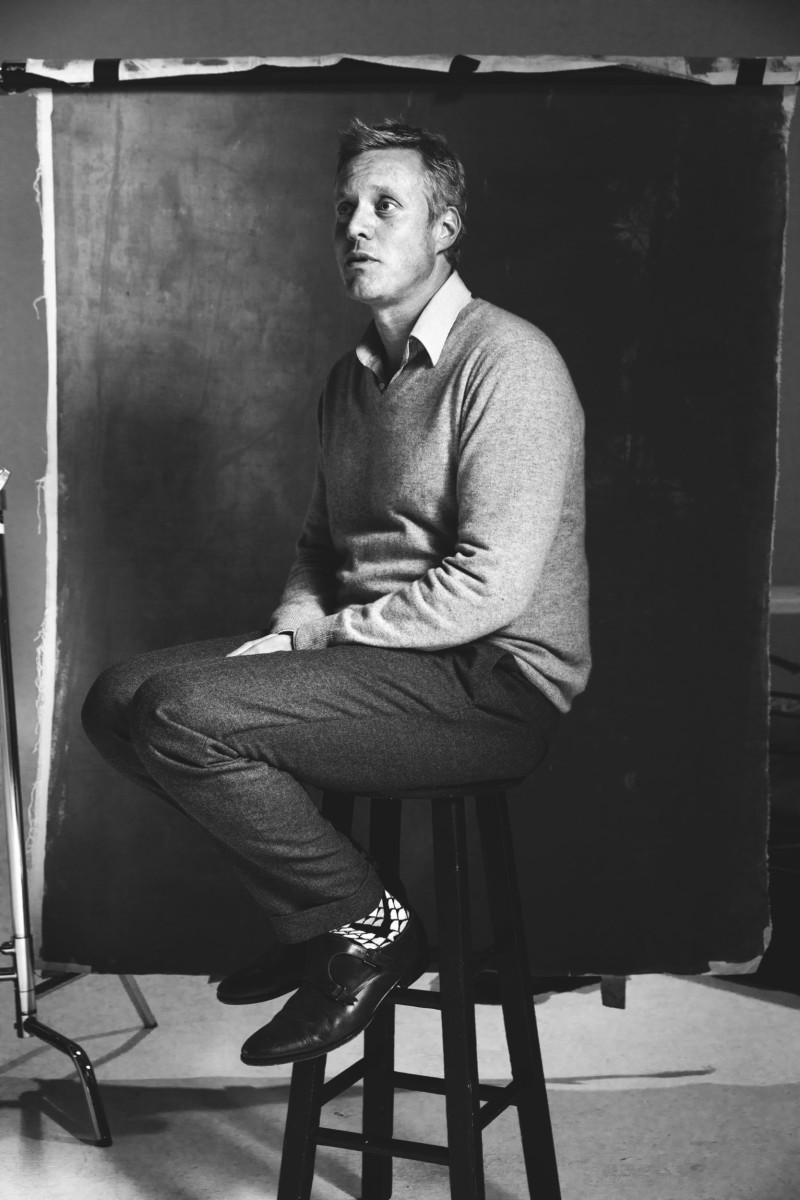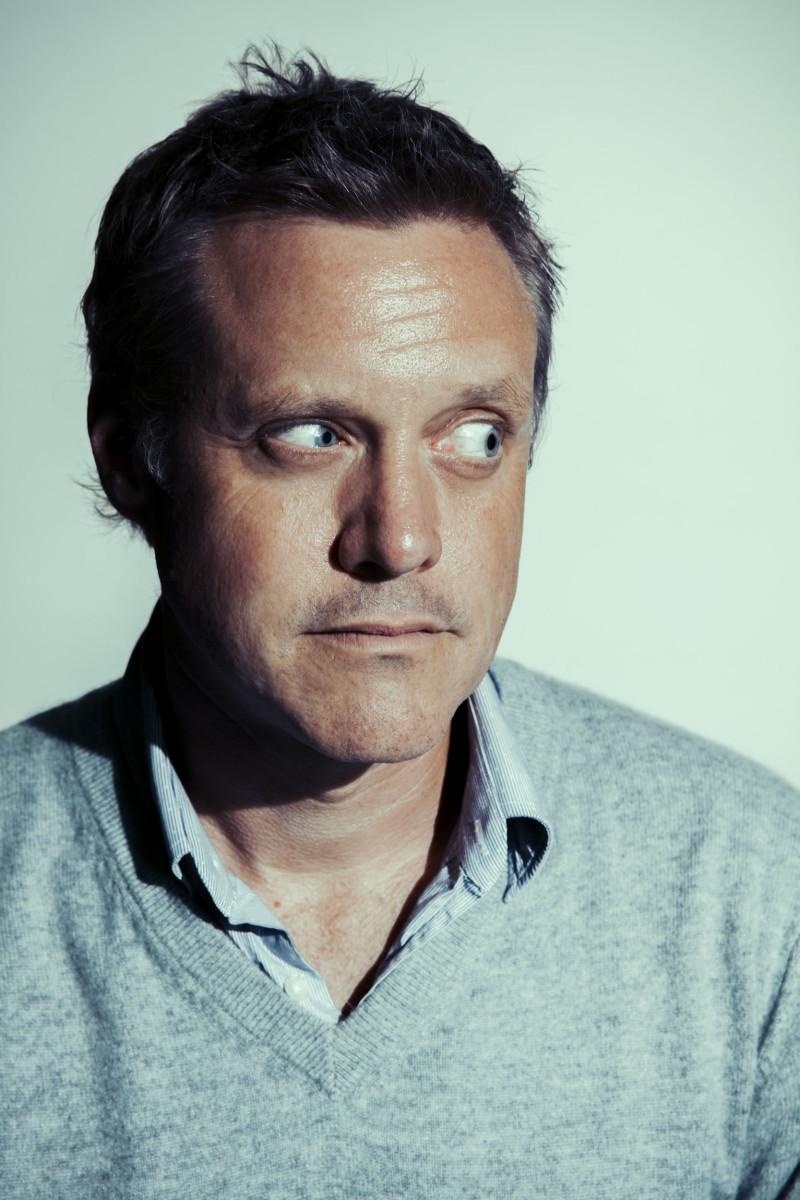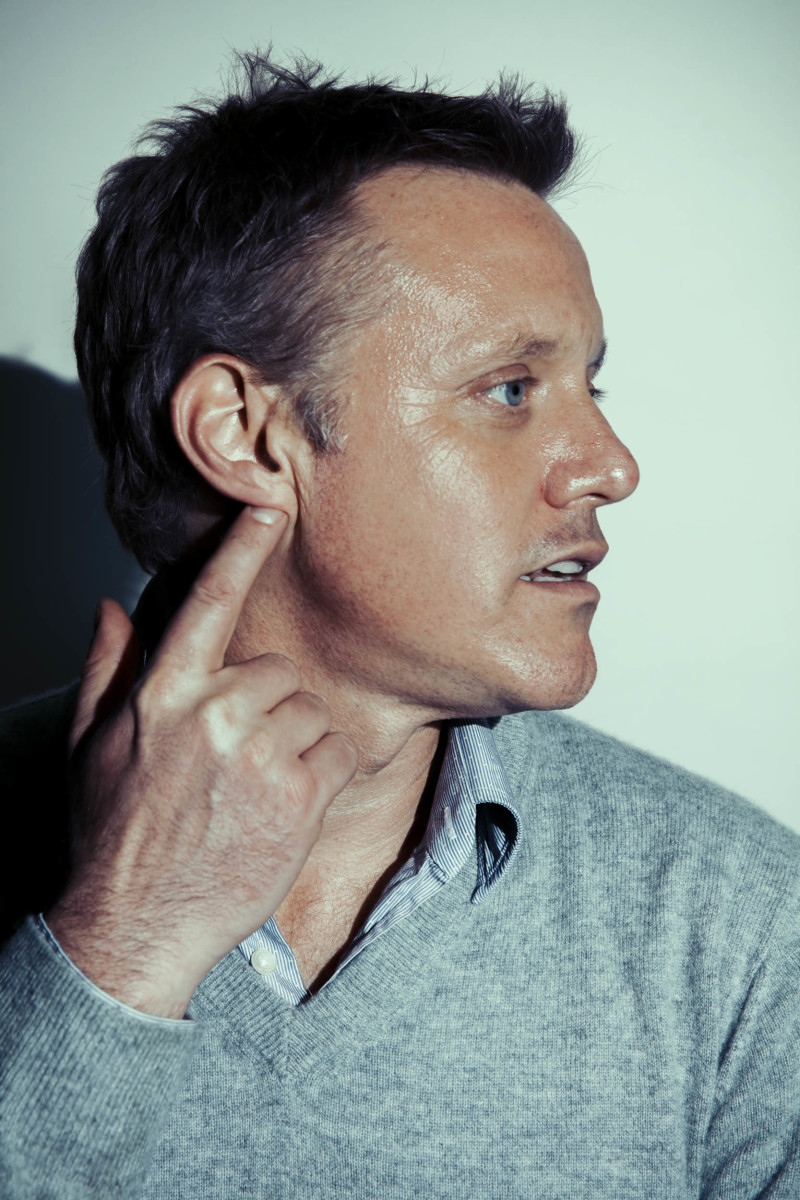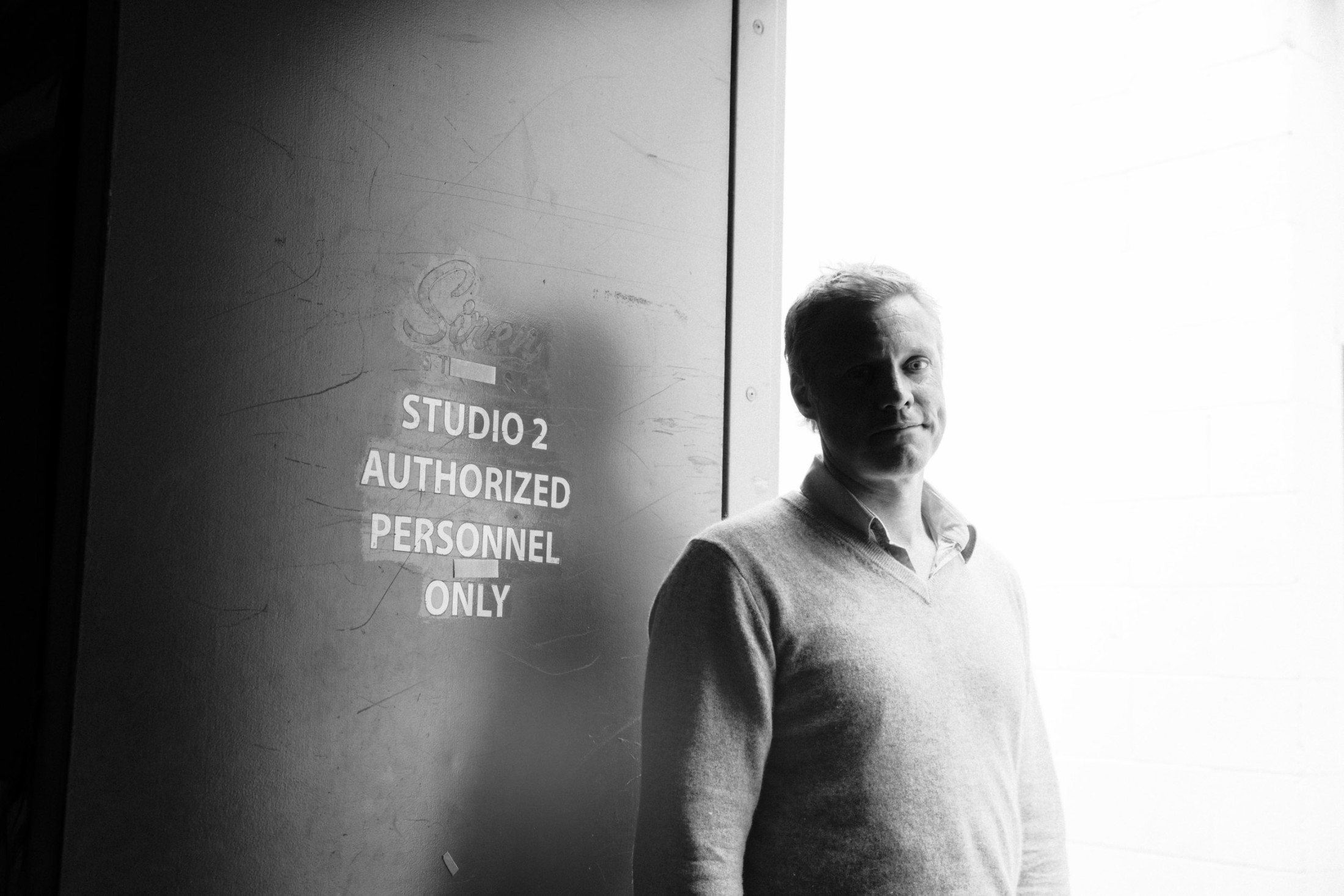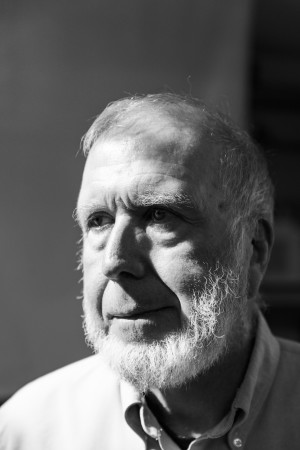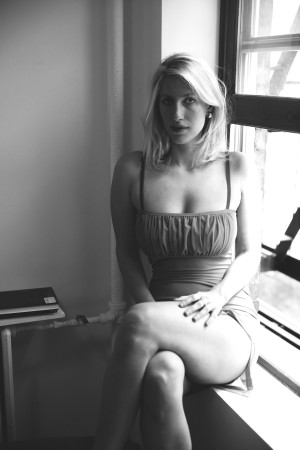They say you can't manufacture virality. But Ze Frank is getting pretty darn close. An initial brush with internet fame in 2001 (when a funny birthday invite he’d made racked up millions of views) sparked a fascination with the nature of shareability which in turn led to a decade-long career as an experimental internet performance artist/comedian. Infused with a dry wit and hallmark sense of play, Frank's work pioneered everything from vlogs ("The Show With Ze Frank") to user generated content ("Young Me/Now Me”). In 2012, his friend Jonah Perretti, the CEO/founder of Buzzfeed, tapped him to run the company's video division, where he oversaw initiatives like the wildly successful Tasty. These days, he heads up Buzzfeed’s newly formed Research & Development department. He’s also creating new episodes for his popular Youtube weird animal series “ True Facts.” (The most recent offering features nifty sea worms with anuses that turn into other sea worms, yay!) Below, Frank talks all things internet.
Ze hello! A belated congratulations on your new job. What does being Buzzfeed Chief R&D Officer entail?
It's actually a new discipline for us. Buzzfeed is a company that thrives on innovation so it's certainly not meant to be the sole hub of research and development. But we have a bit more flexibility to explore things that don't have direct connections to a particular brand or business. It gives us the flexibility to connect the dots between multiple parts of our organization. Some work is related to developing new kinds of formats, shows and content categories. We’re also doing stuff with data. I just got back from a trip to Beijing to get a look at Microsoft’s work in artificial intelligence.
And then there’s animation, which is kind of an R&D project in itself. About a year ago we started to think about how to introduce characters without building shows first. Because they run a deficit, right? You have to test them out and bring them to pilot and by that time you’ve already spent a lot of money. So we thought, what if we build the character IP with just very short animations—like 10 seconds or less? And then we could build them up to a point where we could bring them out to market for licensing and then use the licensing revenue to fund a sort of deeper dive into the expression of the work. We’ve got this really fun character called The Good Advice Cupcake which was created by Loryn Brantz. We just recently got to over a million Instagram followers and we're out in market with licensing right now.
So you’re testing the popularity of a character before investing in a larger narrative vehicle, like a cartoon show.
Right, so falling in love with a character might not necessarily entail telling a great story in the beginning. You have to think differently about how you are trying to get the audience to care about an animated character if you don’t have five to 10 minutes to set up a fictitious world and create different kinds of emotional states in that way. I also look at it as the chance to come up with alternative labor models for the internet age, where the cost of distribution and awareness can be a lot lower. Anyway, I could talk for a long time about what my job is. Having come from running the entertainment division, it's a really nice chance for me to get back into the creative work directly.
